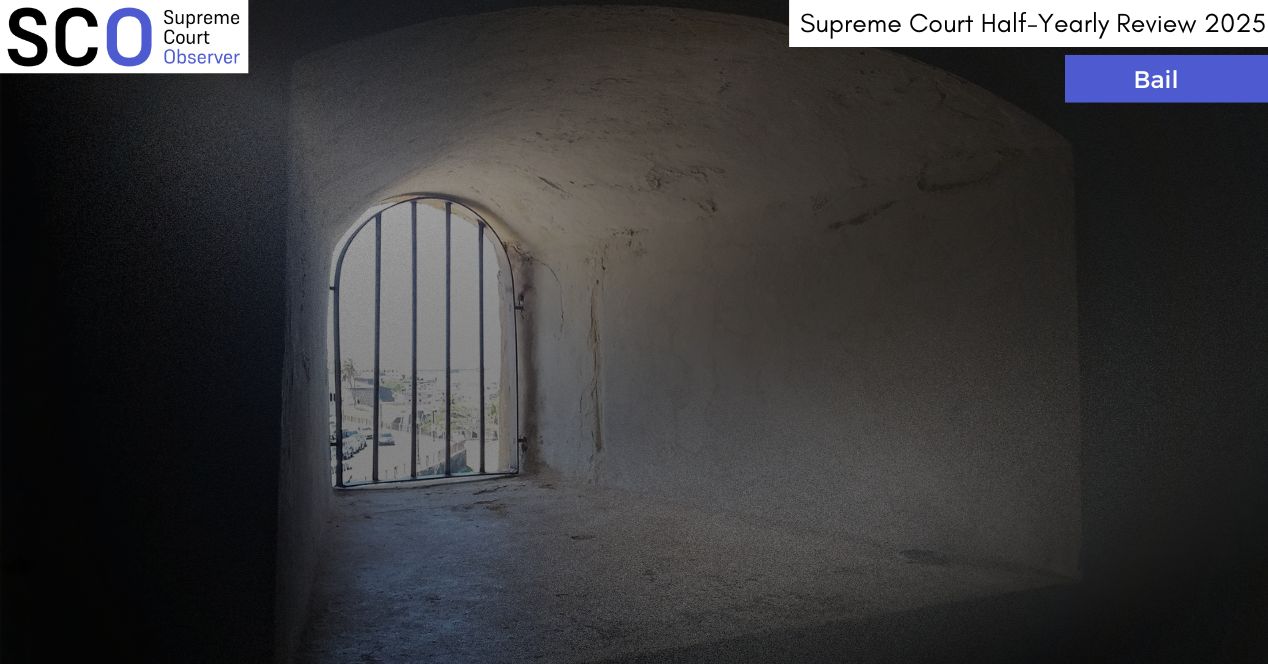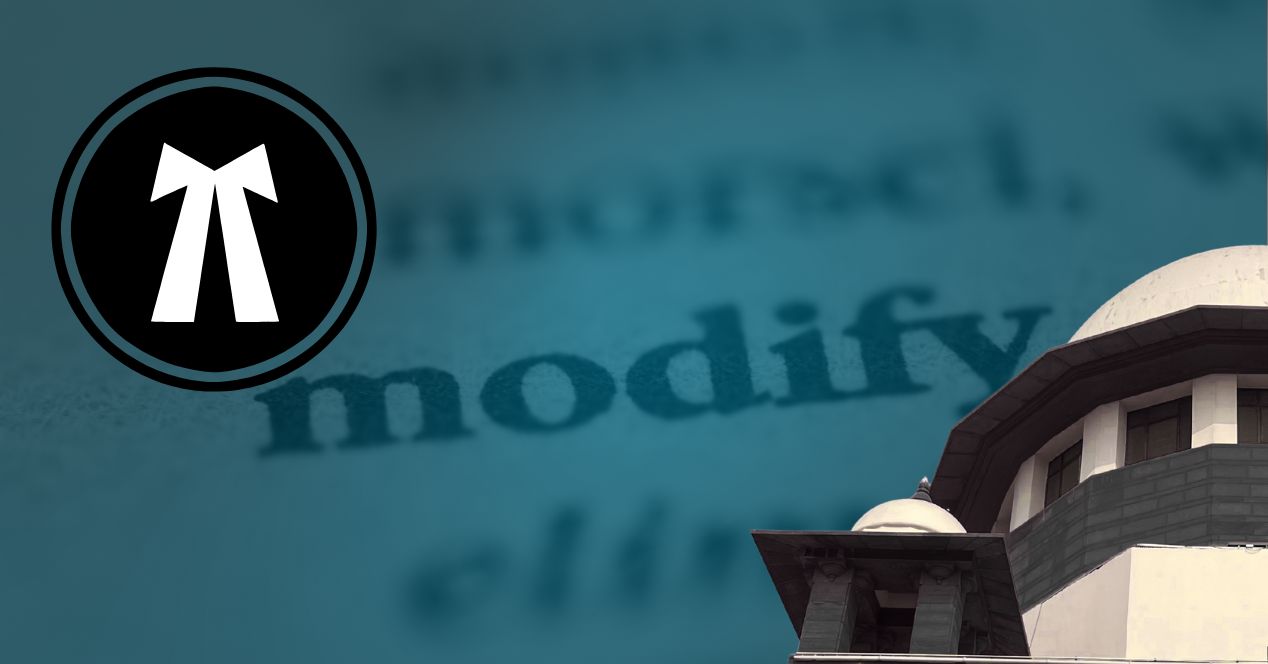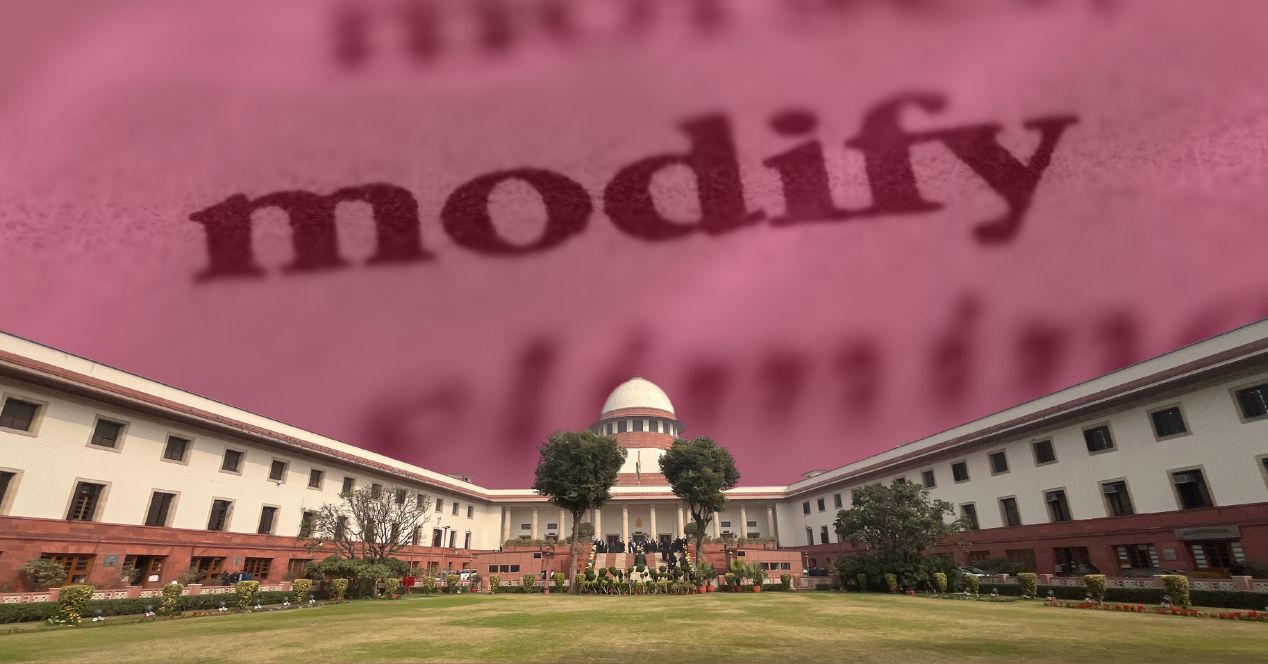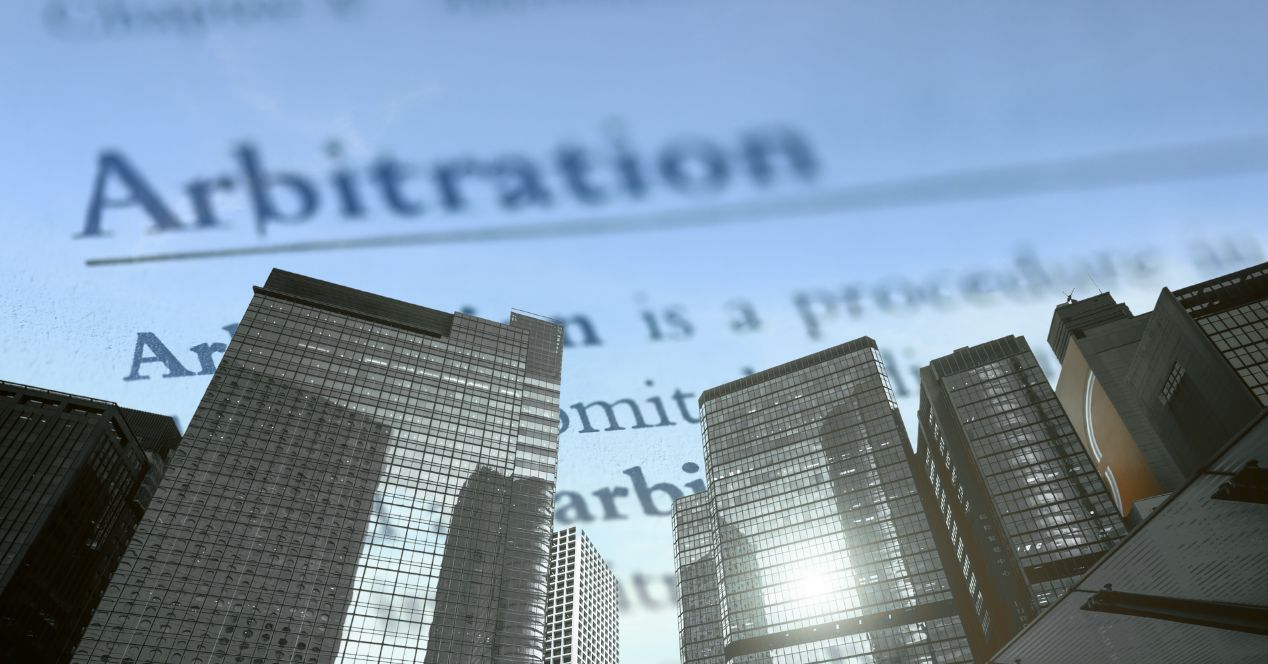Analysis
2025 Supreme Court Half-Yearly Review: Arbitration
The Supreme Court recognised the court’s limited power to modify arbitral awards and reiterated party autonomy in arbitration
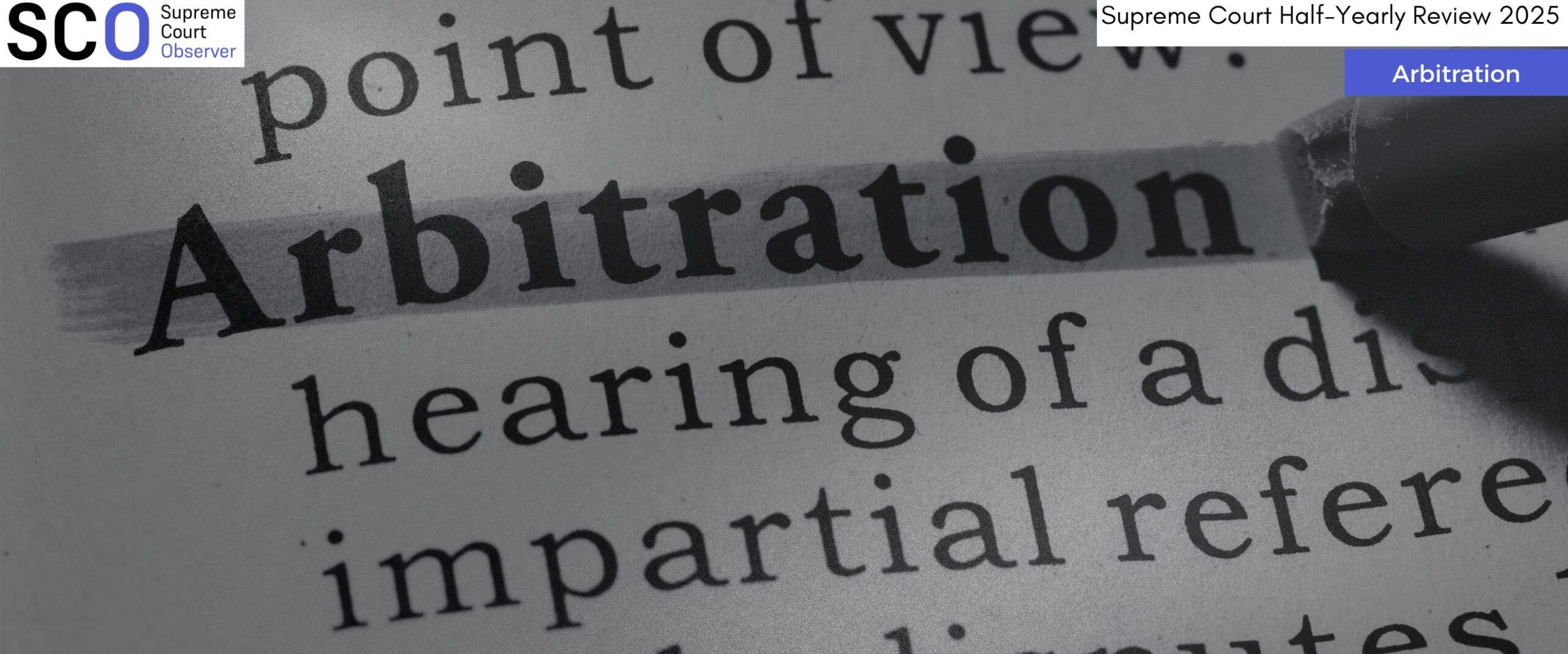
In the first half of 2025, a five-judge Constitution Bench upheld a court’s power to modify an arbitral award. In other instances, Division Benches reiterated the significance of a valid agreement and party autonomy in arbitration matters.
We summarise key Supreme Court decisions from January to June 2025, which dealt with the scope of arbitration in India.
Limited powers to modify an arbitral award
On 30 April 2025, a five-judge Bench in Gayatri Balasamy v ISG Novasoft Technologies Ltd held in a 4:1 majority that courts have a limited power to modify an arbitral award under Section 34 of the Arbitration and Conciliation Act, 1996. This remains the only Constitution Bench decision of the year so far.
Former Chief Justice of India, Sanjiv Khanna, authored the majority opinion, while Justice K.V. Viswanathan penned the dissenting opinion.
The majority held that the limited powers to modify an arbitral award can only be exercised under the following circumstances:
(i) when the award is severable
(ii) correcting clerical, computational, or typographical errors
(iii) modifying post-award interest, in limited circumstances
(iv) with respect to Article 142 of the Constitution
Justice Viswanathan, in his dissenting opinion, held that the Act enabled courts to set aside an award, not modify it. The power to modify, he said, operated in separate spheres and is not of the same genus.
Can conciliators arbitrate under the MSMED Act?
Section 80(a) of the Arbitration Act bars conciliators from acting as arbitrators in any arbitral or judicial proceedings.
In Tamil Nadu Cements Corporation v Micro and Small Enterprises Facilitation Council, the key question before the Court was whether members of the Micro and Small Enterprises Facilitation Council (MSEFC), who conduct conciliation under Section 18 of the MSMED Act, can subsequently act as arbitrators.
The matter arose as a payment dispute with Unicon Engineers, a registered micro-enterprise, which was awarded ₹39.66 lakh with interest by the MSEFC. Tamil Nadu Cements Corporation Ltd. (TANCEM) challenged the award, but the petition was dismissed for non-compliance with the 75 percent pre-deposit requirement under Section 19 of the MSMED Act. The Madras High Court upheld the award’s enforceability.
When the matter reached the Supreme Court, a three-judge bench comprising CJI Sanjiv Khanna, Justice P.V. Sanjay Kumar, and Justice Manmohan noted that there existed conflicting judicial interpretations of whether MSEFC members who act as conciliators can subsequently serve as arbitrators.
The Supreme Court referred the case to a larger bench of at least five judges.
Arbitrator’s power to grant pendente lite interest
On 2 April, in Ferro Concrete Construction (India) v State of Rajasthan, a Division Bench comprising Justices P.S. Narasimha and Joymalya Bagchi held that a contractual bar on payment of interest does not stop an arbitrator from awarding pendente lite interest with the arbitral award unless the contract expressly prohibits it. The Court restored the arbitrator’s discretion and awarded nine percent pendente lite interest, modifying the original 15 granted.
The Court relied on Union of India v Ambika Construction (2016) and Reliance Cellulose Products v Oil and Natural Gas Corporation (2018). It examined the contract to conclude that the clauses did not expressly bar the arbitrators from awarding pendente lite interest.
Limited scope of appeal
On 27 January, in Somdatt Builders NCC-NEC v National Highways Authority of India, a Bench comprising Justices A.S. Oka and Ujjal Bhuyan held that while deciding a challenge to an arbitral award, courts must refrain from interpreting contractual terms on merits.
The dispute concerned payment for excess geogrid used during highway construction, which Somdatt Builders claimed resulted from NHAI’s faulty estimates. The arbitral tribunal upheld the Dispute Review Board’s recommendation to pay at the original rate. While a Single Judge upheld the award, a Division Bench set it aside under Section 37 by reinterpreting the contract.
The Supreme Court overruled the Division Bench’s decision, holding that a Court cannot consider the merits of the case while hearing a Section 37 appeal. It emphasised the limited scope of interference under Section 37 of the Arbitration Act. After examining the details of the case (Clauses 51 and 52), the Court concluded that the increased quantity of geogrid did not constitute a variation as defined in the contract. It reasoned that the increase was merely an adjustment to the estimated quantity and did not involve a change in the form, quality, or quantity of the works.
The need for a new law
On 2 May, in ASF Buildtech v Shapoorji Pallonji And Company, a Division Bench of Justices J.B. Pardiwala and R. Mahadevan held that if non-signatories played a clear and substantive role in negotiating or performing the contract, they become liable under it.
The Bench relied on Cox & Kings v SAP India (2023) and Ajay Madhusudan Patel v Jyotrinda S. Patel (2024) to buttress their reasoning.
Notably, Justice J.B. Pardiwala, writing for the Bench, highlighted the delays and procedural hurdles in arbitration despite multiple amendments to the 1996 Act. Referring to the Court’s earlier observations in Gayatri Balasamy, he noted that uncertainty in arbitration law was “an anathema to business and commerce.” The Bench urged the Ministry of Law and Justice to take a serious relook at the arbitration regime and expedite the passage of the proposed Arbitration and Conciliation Bill, 2024.
Vritant is an intern at the Supreme Court Observer.

